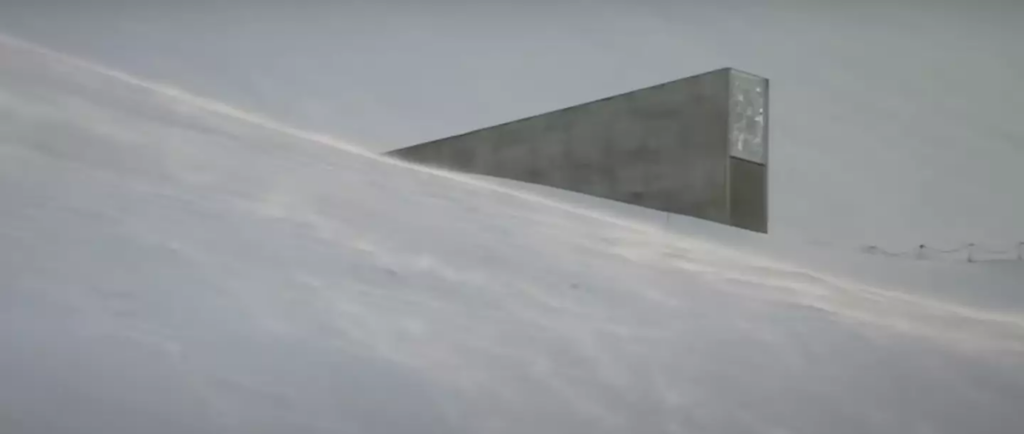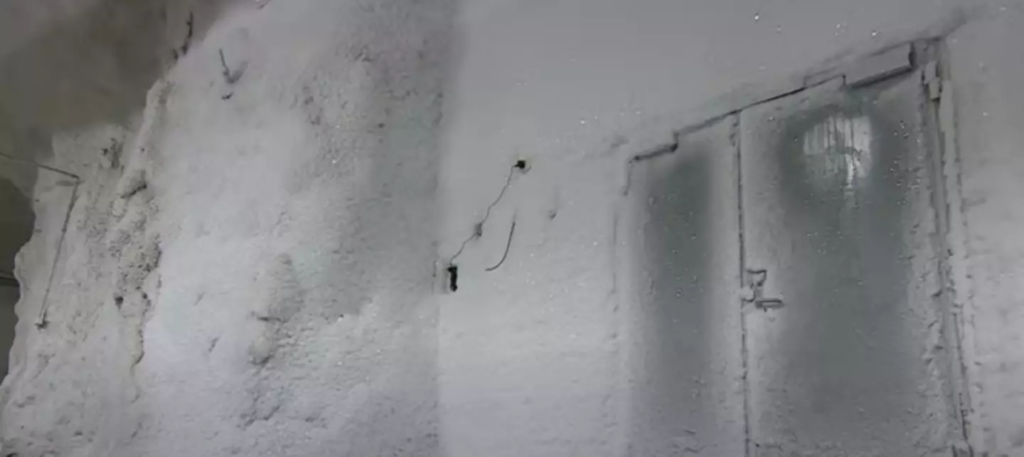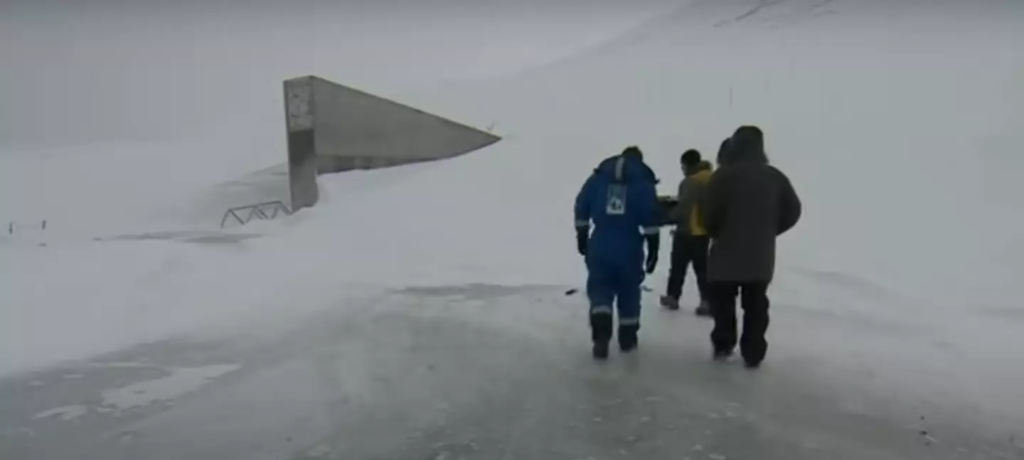This is the safest place on Earth – but don’t make plans to head there just yet: you’d only be able to visit at six points in the year.
And that’s not forgetting that it’s a pretty isolated spot.

BBC News)
The formal name for this place is the Global Seed Vault, and it’s based in the Svalbard archipelago in Norway.
It plays host to seeds from around the world and is intended to be a safety net for the world’s food supply. Should the worst happen, this place will be the thing that we can fall back on.
It was opened in 2008. Well, I say opened – it’s not something the average Joe can waltz in and see, as you might imagine.
As such, the mysterious nature of this place leaves it open to a lot of conspiracy theories.

BBC News)
But the real purpose of this Vault is to store more than one million seed samples in order to prevent crops going extinct. This will prove particularly handy in the event of a war, natural disaster or pandemic.
It’s located deep inside a mountain, with the entrance protruding out from the side. A series of metal detectors block the seeds from the outside world. Its management is a collaboration between the Norwegian government, the Crop Trust and NordGen.
It only opens up six times a year for new seed deposits, but most people never get to see inside this extraordinary place. VICE Impact were lucky enough to get a look inside back in 2020.
Inside, they saw a ‘permafrost’ facility where the seeds were stored in -18C temperatures and the doors were iced over.
Asmund Asdal, a Coordinator at the Vault, said: “I have a quite good feeling when I’m in here and I know that this is a resource that the future will need.”
While you’re out of luck if you want to take a physical tour, a virtual option is available.

BBC News)
It starts you off on the snowy mountainside, before taking you down the long concrete corridor inside. From there, you’re left to wander the ‘Seed Vault Tunnel’.
There are a lot of big echoey rooms inside the place. As small as seeds are, there’s a ton of them so they need the space.
Well, it’s a small comfort to know that even in the event of a nuclear war or global pandemic, we can still have vegetables on our plates.
